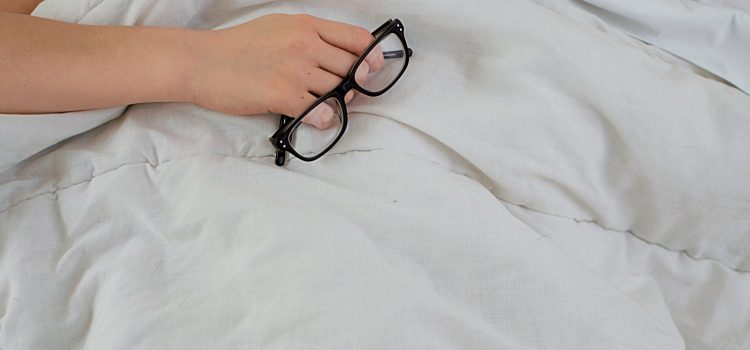
Are you one of those people who feel like they can conquer the world with just a few hours of sleep? Do you often find yourself sacrificing your precious slumber time to finish work or binge-watch your favorite TV show? While it may seem harmless at first, skipping on sleep is not something that should be taken lightly. In fact, it could have serious consequences for your health and wellbeing. So sit back, grab a cup of coffee (or tea), and read on to learn about the risks you’re taking by skimping on shut-eye.
Sleep Deprivation Symptoms
Sleep deprivation can lead to a number of different health problems. The most common symptoms of sleep deprivation include fatigue, irritability, and difficulty concentrating. Sleep deprivation can also cause headaches, stomach problems, and anxiety. In some cases, sleep deprivation can even lead to hallucinations. If you’re regularly skipping out on sleep, it’s important to talk to your doctor about the risks you’re taking with your health.
The Risks of Sleep Deprivation
Sleep deprivation can lead to a number of health risks, including:
-Weight gain. When you don’t get enough sleep, your body produces more of the hormone ghrelin, which increases appetite. At the same time, you have less willpower to resist unhealthy foods.
-High blood pressure. Sleep deprivation can raise your blood pressure and make it more difficult for your heart to pump blood efficiently.
-Diabetes. Lack of sleep can increase your risk of developing type 2 diabetes by reducing your body’s sensitivity to insulin.
-Stroke. Studies have shown that people who don’t get enough sleep are at increased risk for stroke.
-Depression. Sleep deprivation can worsen symptoms of depression or even contribute to the development of depression in some people.
Chronic sleep deprivation
Chronic sleep deprivation is a major health risk. It can lead to high blood pressure, heart disease, stroke, diabetes, and obesity. It can also cause mood disorders such as depression and anxiety. chronic sleep deprivation can also impair your immune system, making you more susceptible to colds and other illnesses.
How to Get More Sleep
Most people need around eight hours of sleep a day. However, some people may need more or less depending on their age, lifestyle, and health. There are a variety of things you can do to get more sleep, such as:
-Stick to a regular sleep schedule as much as possible
-Avoid caffeine and alcohol before bedtime
-Create a relaxing bedtime routine
-Exercise regularly
-Limit screen time before bed
-Make sure your sleeping environment is dark, quiet, and comfortable
Conclusion
All in all, sleep is an essential part of leading a healthy life. It’s important to realize that the quality and quantity of your sleep affects your overall health. Skipping out on getting enough rest can have serious consequences for your body and mind, so it’s best to make sure you are getting at least seven hours of quality sleep every night. If you find that you’re having difficulty sleeping, consider talking to a doctor or trying some natural remedies like lavender oil or herbal teas which could help relax your body into a better night’s slumber.










